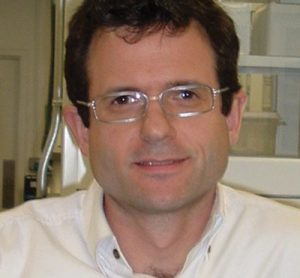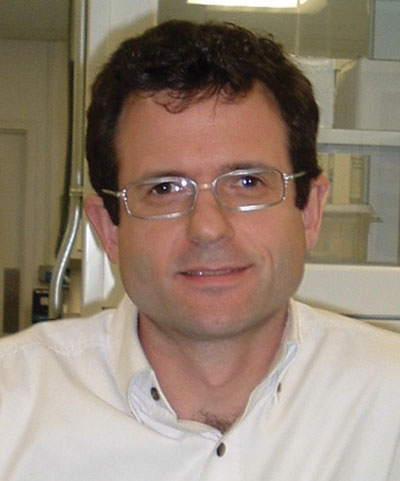Combining perspectives: Multiscale integration of Stem Cell research
12 December 2009 | By
The promise of stem cell-based therapy is predicated on harnessing the plasticity of stem cell phenotypes to repair or replace damaged tissues. As technologies for detecting, isolating, modifying, and tracking stem cells improve, the very definition of what constitutes a stem cell is now an open question. Addressing this fundamental…






